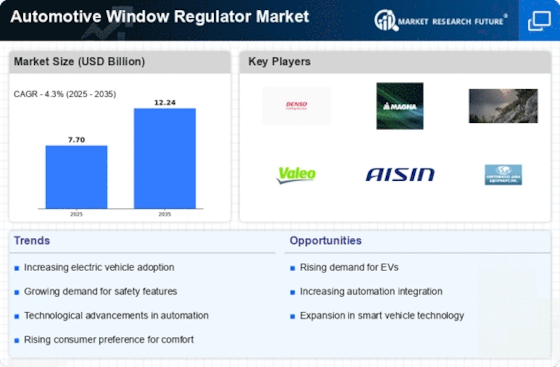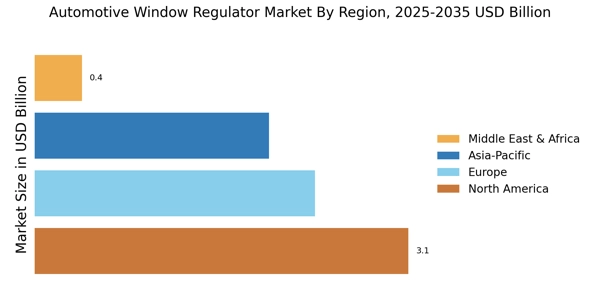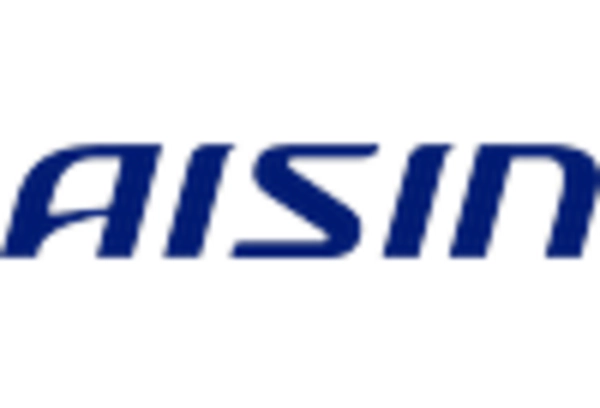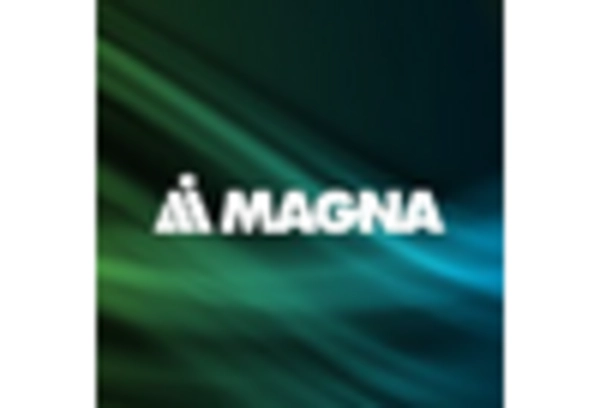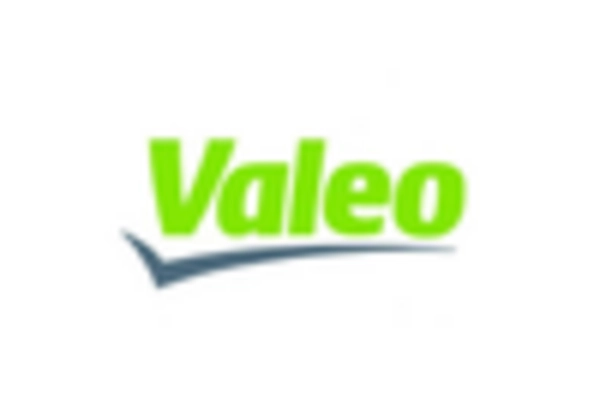Q2 2024: Valeo inaugurates new manufacturing facility for automotive window regulators in Hungary Valeo announced the opening of a new production plant in Hungary dedicated to advanced automotive window regulator systems, aiming to meet growing demand from European automakers for lightweight and energy-efficient components.
Q1 2024: Brose expands window regulator production capacity in Mexico Brose revealed an expansion of its manufacturing site in Querétaro, Mexico, increasing output of window regulator systems to supply North American OEMs amid rising vehicle production and electrification trends.
Q2 2024: Denso launches next-generation power window regulator with integrated anti-pinch technology Denso introduced a new power window regulator featuring advanced anti-pinch sensors and improved energy efficiency, targeting both electric and conventional vehicle platforms.
Q1 2024: HI-LEX Corporation secures major contract to supply window regulators for new Toyota EV platform HI-LEX announced it will supply its latest window regulator systems for Toyota’s upcoming electric vehicle lineup, reinforcing its position as a key supplier for Japanese automakers.
Q2 2024: Magna International partners with Chinese automaker BYD for window regulator technology Magna International entered a partnership with BYD to co-develop and supply advanced window regulator modules for BYD’s next-generation electric vehicles, focusing on lightweight and smart features.
Q3 2024: Aisin Corporation opens R&D center for automotive window systems in Japan Aisin inaugurated a new research and development center in Aichi Prefecture, Japan, dedicated to innovating window regulator technologies for electric and autonomous vehicles.
Q2 2024: Grupo Antolin wins contract to supply window regulators for Stellantis EVs in Europe Grupo Antolin secured a multi-year contract to provide window regulator assemblies for several Stellantis electric vehicle models produced in Europe, expanding its OEM client base.
Q1 2025: Standard Motor Products acquires US-based window regulator manufacturer for $75 million Standard Motor Products completed the acquisition of a leading US window regulator manufacturer, aiming to strengthen its aftermarket and OEM supply capabilities in North America.
Q2 2025: Johnan Manufacturing announces new automated window regulator assembly line in Thailand Johnan Manufacturing launched a fully automated assembly line for window regulators at its Thailand facility, increasing production efficiency to serve Southeast Asian automakers.
Q1 2024: Valeo unveils smart window regulator with integrated connectivity for diagnostics Valeo introduced a smart window regulator system capable of remote diagnostics and predictive maintenance, targeting premium vehicle segments.
Q3 2024: Brose signs supply agreement with Ford for next-gen window regulator systems Brose entered into a supply agreement with Ford to deliver next-generation window regulator systems for upcoming electric and hybrid vehicle models in North America and Europe.
Q2 2025: Acdelco launches aftermarket window regulator line for electric vehicles Acdelco announced the launch of a new aftermarket product line of window regulators specifically designed for electric vehicles, expanding its portfolio for independent repair shops.


